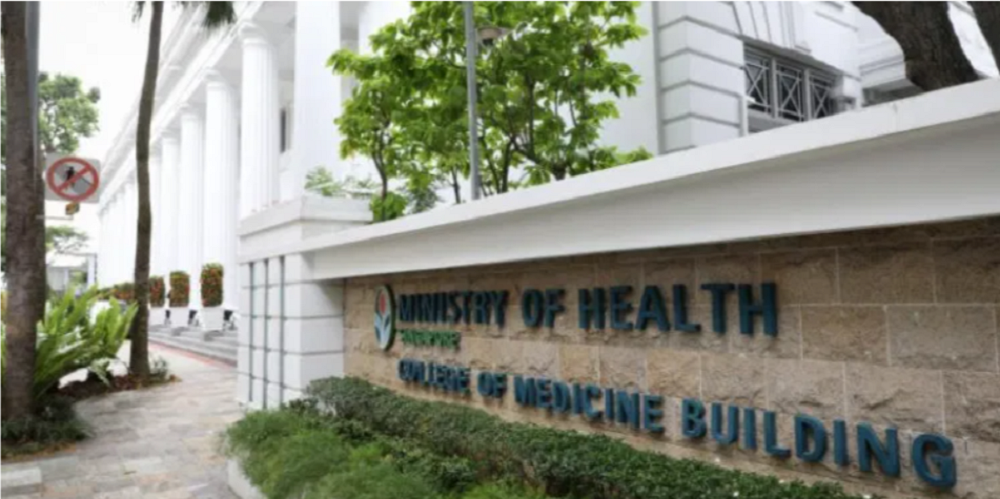While cashless payment systems have increased the convenience of patrons in Singapore, several hawkers spoke to The Straits Times of the losses they have incurred due to customers who cheat and exploit such systems.
One hawker interviewed by ST — as reported in an article on Tuesday (8 December) — said that one of the more common methods such ‘patrons’ have employed is showing screenshots of previous transactions as proof of payment.
This happened to a hawker in her 60s when a woman had purchased S$30 worth of food from her, only to flash one of these “scam screenshots”.
“I couldn’t believe that people would go to so much trouble just to save $5 or $6 for a plate of rojak, but it’s more common than you think,” said the hawker.
Another person mentioned that some customers would flash the pre-payment page to a hawker but would not approve the transaction before simply walking away. This means the transaction won’t go through.
Another hawker in his 60s described how these scams usually happen during the lunch and dinner rush when stall owners have no time to look at their phones and wait for the payments to go through.
The man said he has been scammed between 10 to 20 times, most of which were amounts under S$10, which is why he chose not to pursue the matter.
Yet another hawker said he has suffered losses up to S$150 since adopting the QR code payment system a year ago.
“Of course, going cashless is convenient, but if there are consistent monetary losses, maybe we should just stick to cash,” he said.
Back in October, TOC published an article about a similar concern, which was initially highlighted by Lianhe Zaobao.
The article notes that 5,400 hawkers have adopted the e-payment as of July this year under the Hawkers Go Digital programme, according to the Infocomm Media Development Authority.
However, a “social experiment” conducted by the Lianhe Zaobao revealed that only two out of six hawkers noticed that a cashless payment didn’t go through, while the other four simply let the reporter walk away after quickly looking at the screen without waiting for confirmation of payment.
Despite some of the hawkers saying they will check the payment transactions, there are also hawkers who mentioned that they are not familiar with the cashless payment system or simply have no time to check when they are busy with their businesses.
On the ST Facebook page, netizens slammed the cashless payment system for being poorly designed.
They suggested that the system should block the screenshot function of the payment confirmation page to prevent scammers cheating hawkers.
Others suggested ways to improve the system that would instantly and clearly notify sellers when a payment goes through without them having to keep checking their own apps for confirmation.
There were also those who criticised the implementation of the system itself, saying that going cashless slows down business for hawkers and leads to slow and longer queues.
There were a few people who made comparisons to e-payment systems in China that alert sellers to the progress of their patrons’ transactions instantly, unlike in Singapore.
On the flip side, there were several commenters who felt that it should be the hawkers’ responsibility to properly check that a payment has gone through on their end instead of relying on the customer to show them a payment confirmation.



























